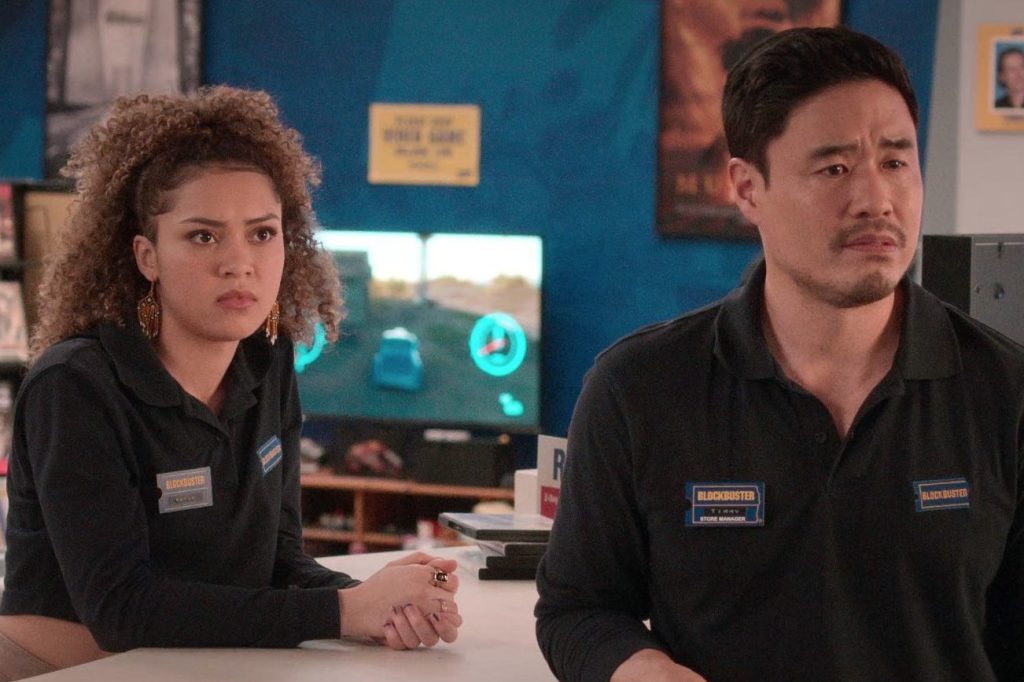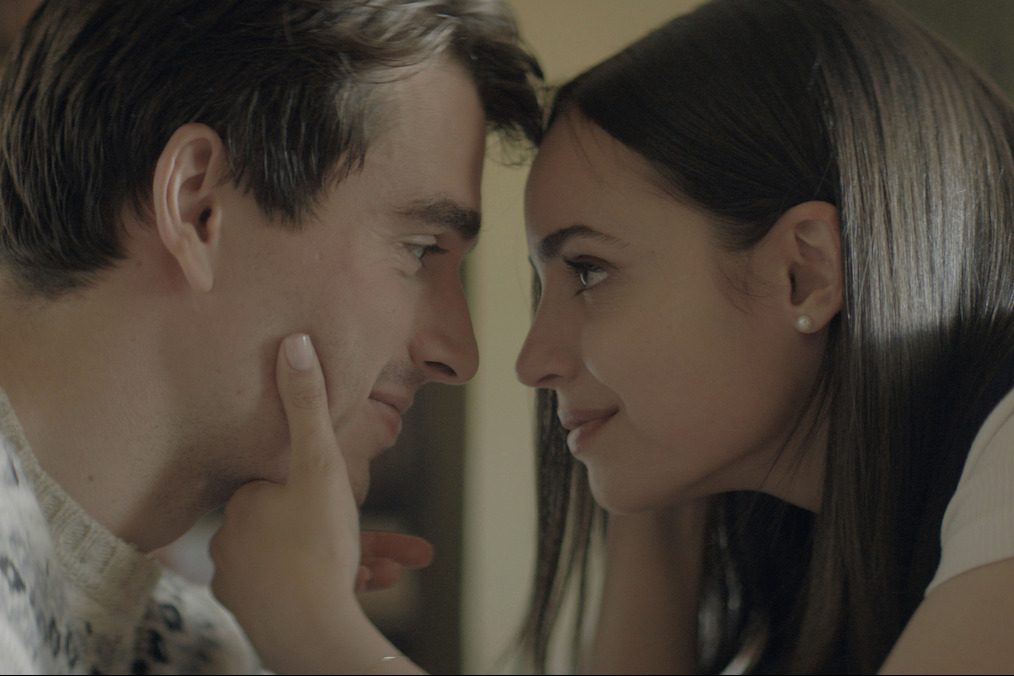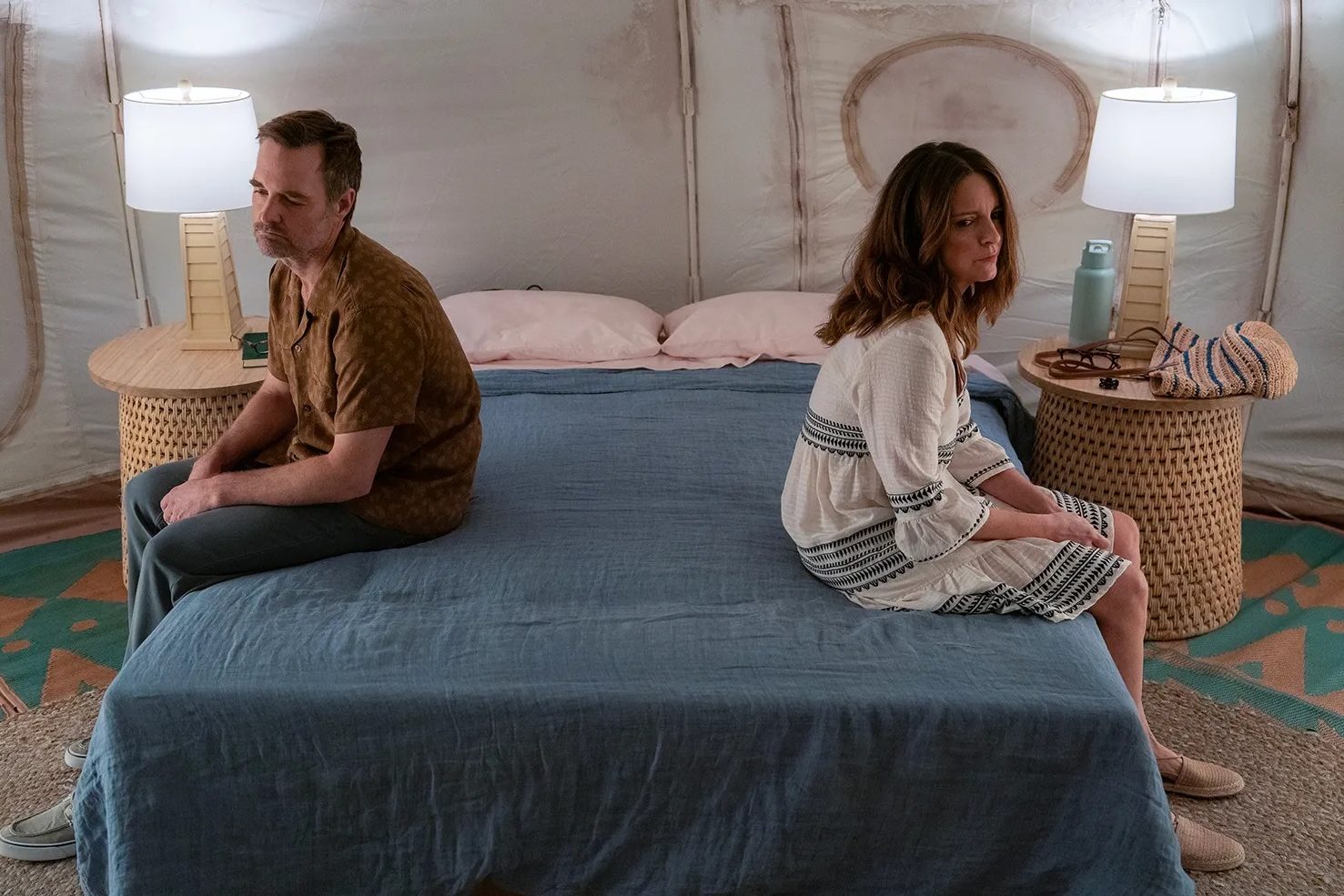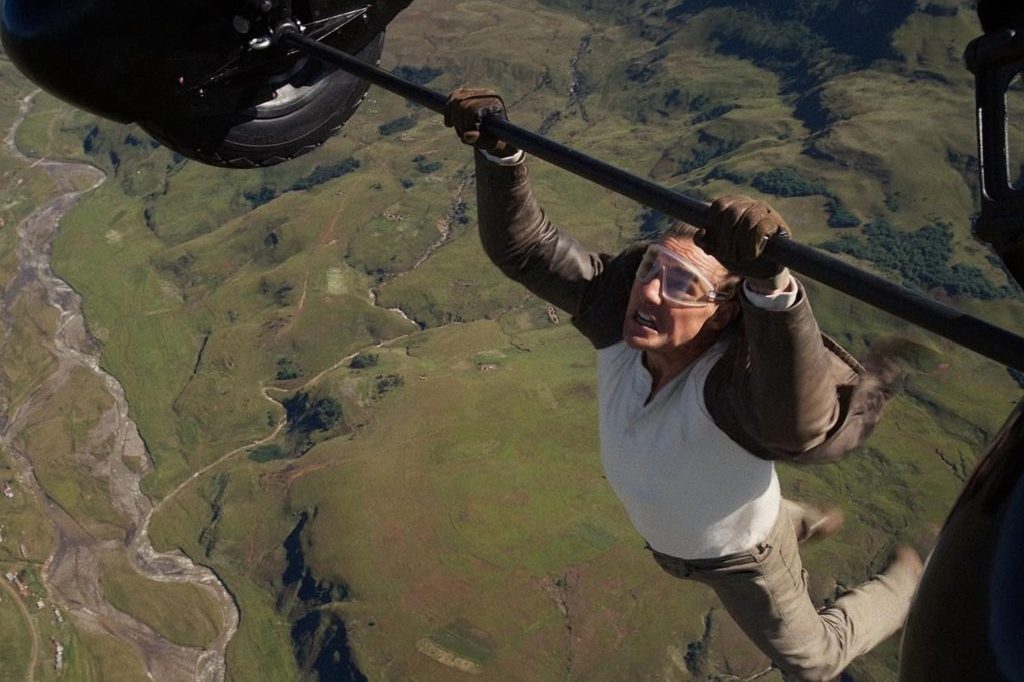Blockbuster is a single-cam sitcom about the last Blockbuster (located inside a strip mall in Michigan). The set is dressed in authentic signage, fluorescent lights, blue walls and an oddly prophetic Howard the Duck poster. The employees have real Blockbuster name tags and uniforms (the producer, John Fox, acquired the rights and handed it over to established showrunner Vanessa Ramos: I have the rights to Blockbuster. Would you like to develop a workplace?).
Every episode is packed with movie references and checkout-counter humor. The transitions between scenes are scored to hip-hop beats that sound like something you’d hear on Nickelodeon in the Nineties. You’re inside a Blockbuster for the first time since Carol Danvers fell through its roof in Captain Marvel. How could this show fail to connect?
The timing practically guarantees that the show will have an audience. Commodified nostalgia is on the rise. “Be Kind, Rewind” has gone from a catchphrase attached to VHS tapes to a coping mechanism for the doldrums of post-pandemic life. The chains have closed, but mom-and-pop video rental stores are thriving in Los Angeles. There’s Videotheque in Pasadena; there’s a Cinefile in Santa Monica, which bills itself as “the last movie rental store in Los Angeles.” And there’s still one remaining Blockbuster in Bend, Oregon. The timing feels right for this show.
Even if Blockbuster flops, creatively, it has a hungry audience on Netflix, where single-cam sitcoms get gobbled up by viewers. New Girl with Zooey Deschanel is one of the most-watched shows on Netflix. Schitt’s Creek (no longer on Netflix) consistently topped Nielsen’s streaming rankings. Netflix is also heavily invested in That ’90s Show (their next big multi-cam sitcom) which is set fifteen years after That ’70s Show ended. A single-cam sitcom about the world’s last-remaining Blockbuster should do moderately well on Netflix, even if it’s the worst-reviewed show on TV (24 percent on Rotten Tomatoes).
Blockbuster is literally and metaphorically based on a disaster movie arc. I won’t spoil it, but the show is set in a modern dystopia, which turns every scene into meta humor about late-stage capitalism. The Atlantic reviewed Blockbuster by describing the country we currently inhabit as being in the middle of “social upheaval and political crisis and financial uncertainty.” The writers decided to build a warm-and-fuzzy sitcom around these pillars of escapist bliss: social upheaval, political crisis and financial uncertainty. What were they thinking?
Blockbuster practically repels nostalgia by viewing it through a zoomer’s bleak iPhone screen. It should have been written by a seasoned comedian (Norm Macdonald wrote Roseanne) instead of an app. Slant summarized it perfectly:
If you fed the jokes from early-2000s sitcoms into an AI generator, it would probably spit out Blockbuster.
Blockbuster is cold, sterile, self-pitying, uncomfortably millennial, miserably modern and uninviting. The character arcs and meta distortion field is designed to connect with twenty-somethings who aren’t watching this show; their parents are. It’s a sitcom that rejects its core audience: viewers like me, a former video store clerk, a sitcom junkie, and someone who still owes Blockbuster late fees. Blockbuster made me want to rewind the tape to a time when this show never existed. Its protagonist made me feel seen in all the wrong ways. The last Blockbuster’s owner, Timmy (Randall Park), is a delayed adolescent who’s been emotionally stunted by the internet. Every joke mercilessly mocks the person he represents: a middle-aged anachronism who refuses to press play on adulting. It could be a good premise for a workplace sitcom if we weren’t constantly reminded that Timmy is living his life on the pause button.
“I’ve been working here since I was in the seventh grade,” he proudly announces to one of his regulars. “That’s not the flex you think it is,” chirps Kayla (Kamaia Fairburn), the Gen Z stand-in who talks like an eye-roll emoji. You’re also not allowed to root for Timmy, who’s in suspended animation like a frozen VHS tape that doesn’t play.
“This isn’t 21 Jump Street, Timmy, you can’t go back to high school,” says Eliza (Melissa Fumero), as Timmy just stands there with a doleful expression.
Blockbuster doesn’t seem to care about its audience, either: older millennials who want to escape into a dimly-lit video store and feel like a character in a Kevin Smith film. There’s a formula for this: it’s Clerks as a single-cam sitcom written by comedians who don’t completely reject the sensibilities of Gen X. They could have given us the video store version of Empire Records for ten episodes — stylish, racy, curated with love, weirdly inspiring and inviting.
Instead, Netflix gave us a show written by internet-minded ironists who make you question the very concept of a video store. It has no warmth or ounce of pleasure between its blue walls. It’s devoid of any kind of lived-in quality, either. Blockbuster stores were usually lit with fluorescent lightbulbs that made each store look sterile and generic. That’s what this show feels like. This kind of realism isn’t necessary.
A video store sitcom could work if it were written by someone who romanticized Quentin Tarantino working at Video Archives. But Blockbuster has a joke mocking this as a cliché. The show doesn’t even have a stand-in for the retro Gen X video store clerk: band T-shirt, flannel wrapped around torn blue jeans, reversed baseball cap, long hair, combat boots and Tarantinian obsession. This is theoretically supposed to be Timmy, except he’s a millennial hip-hop nerd who doesn’t even seem to like movies. He’s a blasé small business owner. He could be running a Wetzel’s Pretzels. This is the muted personality they based a video store sitcom around. It almost feels like it’s trolling an entire demographic who’ll soon be queuing That ’90s Show — which doesn’t even have a trailer, yet — which could give us a video store (maybe for an episode or two) that we want to work in, like Family Video in Stranger Things, instead of a video store that makes us want to fast-forward to the apocalypse.





















